Selling "Wenjie" to Seres, what's left for Huawei's Automotive BU?
![]() 07/04 2024
07/04 2024
![]() 739
739
As early as 2020, Huawei's founder Ren Zhengfei emphasized that Huawei would not build cars but focus on ICT technology, even going so far as to say, "Anyone who suggests building cars will be transferred"; In April 2023, Huawei released a resolution signed by Ren Zhengfei, reaffirming Huawei's commitment not to build cars, with a validity period of five years; Huawei's Deputy Chairman Xu Zhijun revealed Huawei's automotive strategy of "not building cars for ten years," and even promptly stopped dealers from using the "HUAWEI" logo for promotion.
This inevitably leads one to wonder if Huawei might still build cars after five or ten years. It was only until a recent news exposé that I realized how determined Huawei is not to build cars.
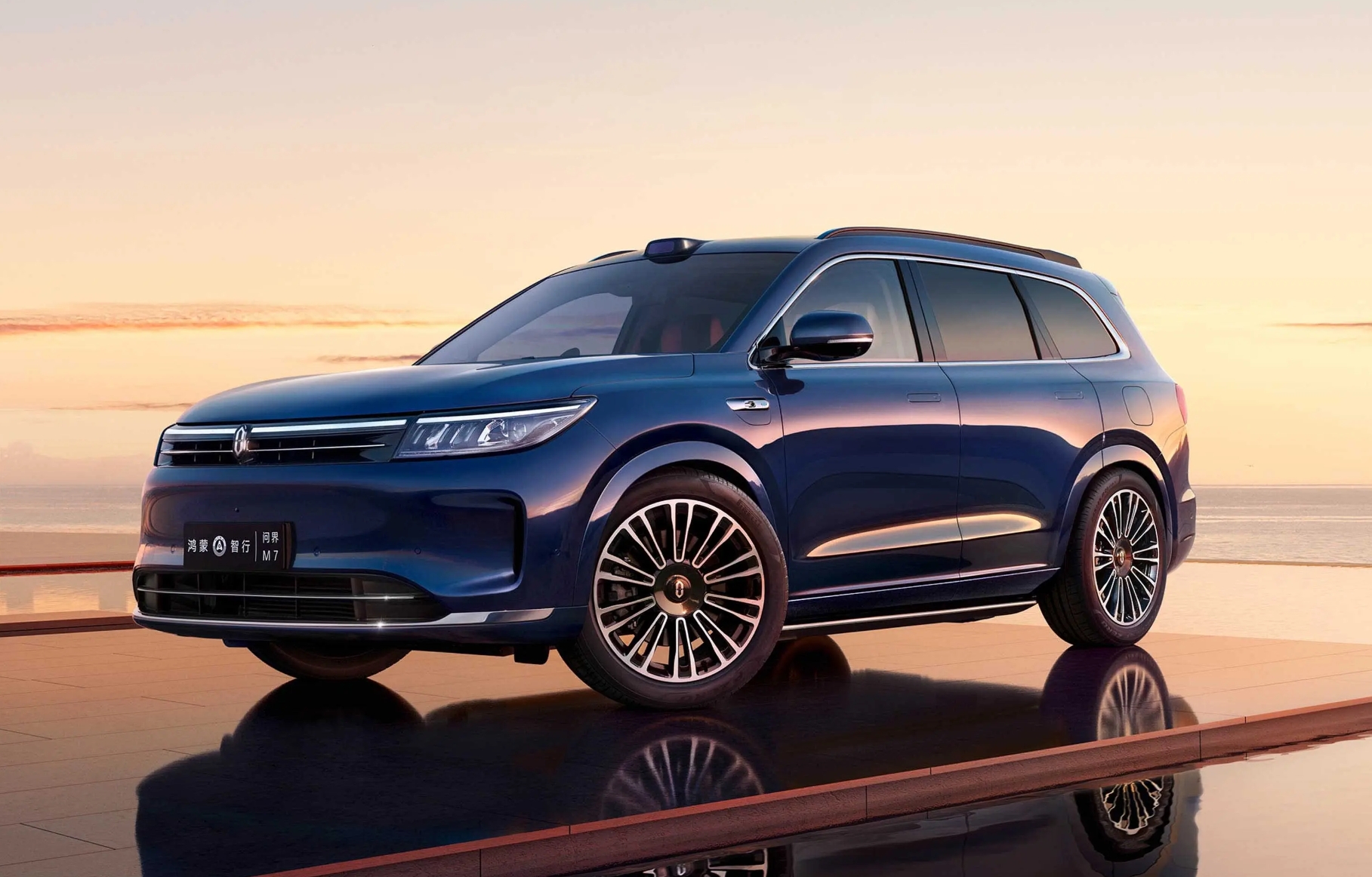
On July 2, Seres announced its intention to acquire 919 registered or pending Wenjie-series textual and graphical trademarks, as well as 44 related design patents, held by Huawei and its affiliates, for a total purchase price of 2.5 billion yuan. Huawei quickly confirmed the matter and stated that after transferring the trademarks to Seres, it would continue to support Seres in manufacturing and selling Wenjie.
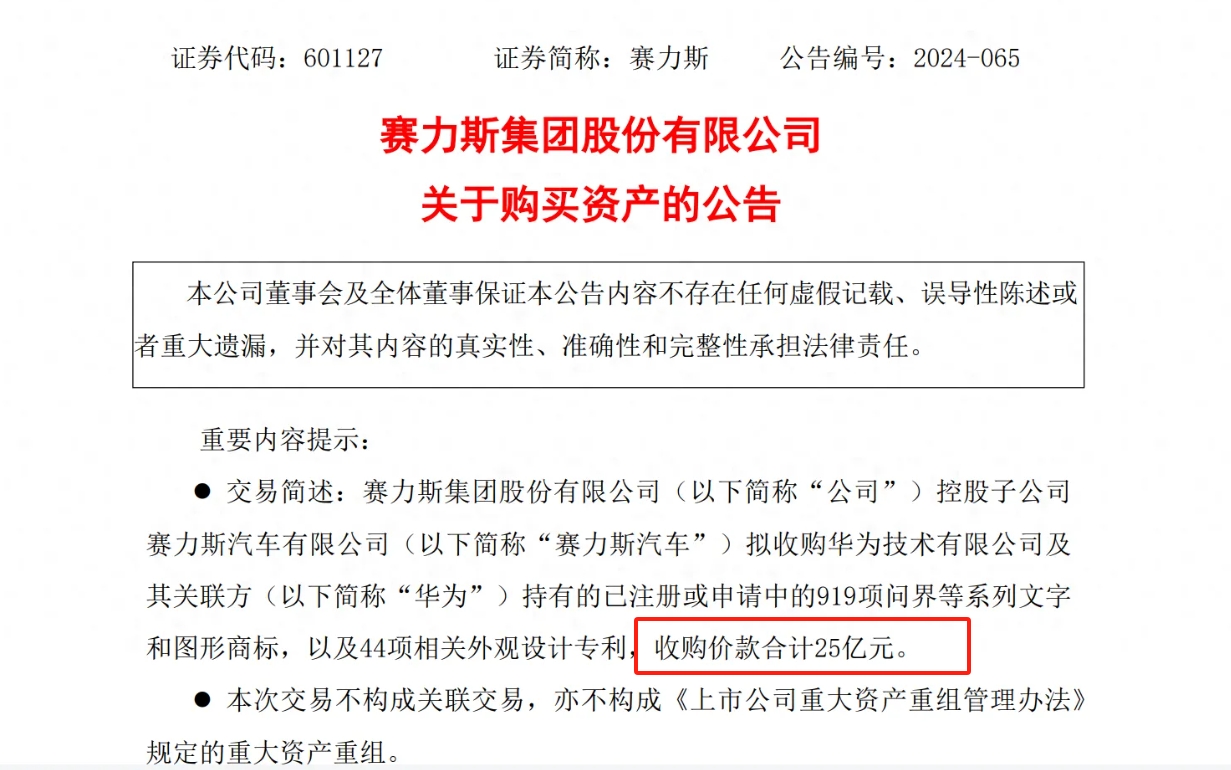
In addition, Seres also simultaneously released a corresponding evaluation report issued by Zhongjing Minxin (Beijing) Asset Appraisal Co., Ltd., which mentioned that the estimated price of the Wenjie trademarks and patents reached 10.233 billion yuan. Seres effectively bought the Wenjie trademarks for less than a quarter of that price, a "huge profit."
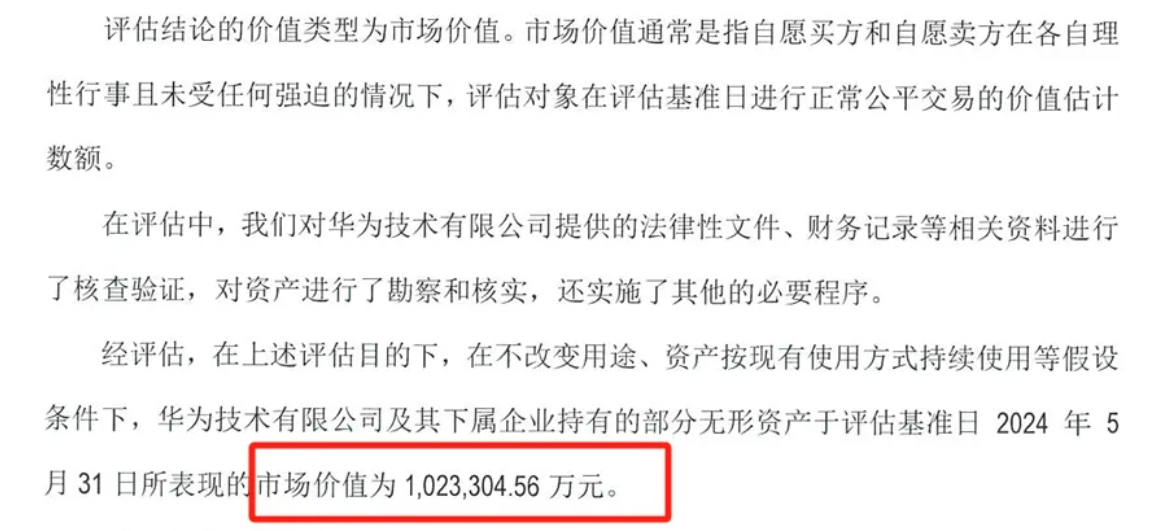
From an outsider's perspective, Huawei's move seems like a "huge loss," but Huawei itself has no intention of building cars, and holding a car brand seems to violate Huawei's commitment not to build cars. As for the transaction price, it is not overly demanding, as Huawei will continue to engage in deep cooperation with Seres in the future.
Rather, Huawei's sale of the "Wenjie" trademark further solidifies its strategic approach of "not building cars" and gives its partners a shot in the arm. What Huawei values is a broader horizon beyond "building cars."
Despite not building cars, Huawei has ambitions
It is obvious that Huawei's transfer of the "Wenjie" trademark to Seres is a commercial act between companies, essentially changing the ownership of the "Wenjie" trademark and patents. It has no impact on Wenjie car owners or consumers who are about to buy Wenjie models. However, from online comments, I discovered that most consumers believe that Wenjie, Zhijie, or Xiangjie models are "Huawei cars."

In reality, Wenjie cars have always belonged to Seres. Huawei only provides intelligent solutions for Wenjie and supports it in design, quality, operations, sales, etc. Only the trademark was applied for by Huawei. But to be fair, Huawei's "presence" is indeed very high. After all, large-scale launches of various new cars under HarmonyOS Intelligence are usually interpreted by Yu Chengdong, Huawei's senior executive. Coupled with its high-level intelligent driving technology that is almost unparalleled in the automotive industry, it's no wonder consumers have the impression of "Huawei cars."
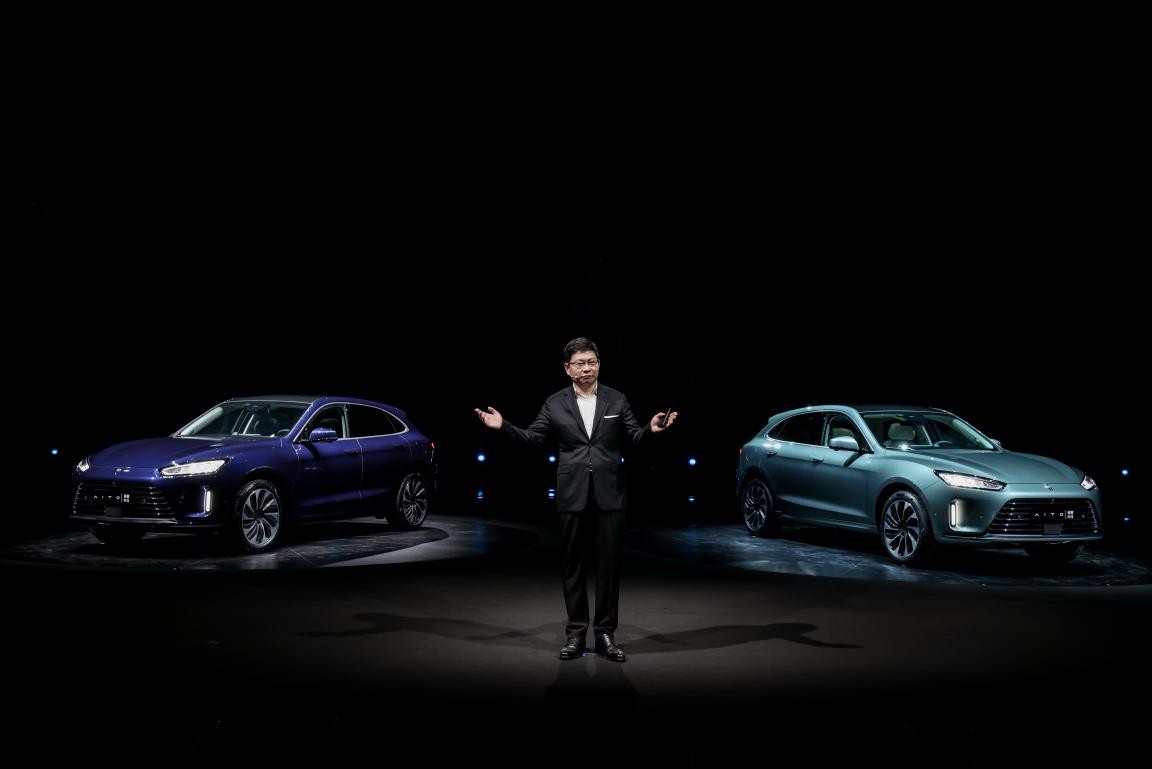
In fact, in addition to the "Wenjie" trademark, Huawei's "Zhijie" and "Xiangjie" trademarks have been transferred to Chery and BAIC BJEV, respectively. All brands under HarmonyOS Intelligence have completed the transfer of trademarks. I checked on Qichacha APP and found that Huawei still holds 54 "×jie" trademarks related to transportation tools.
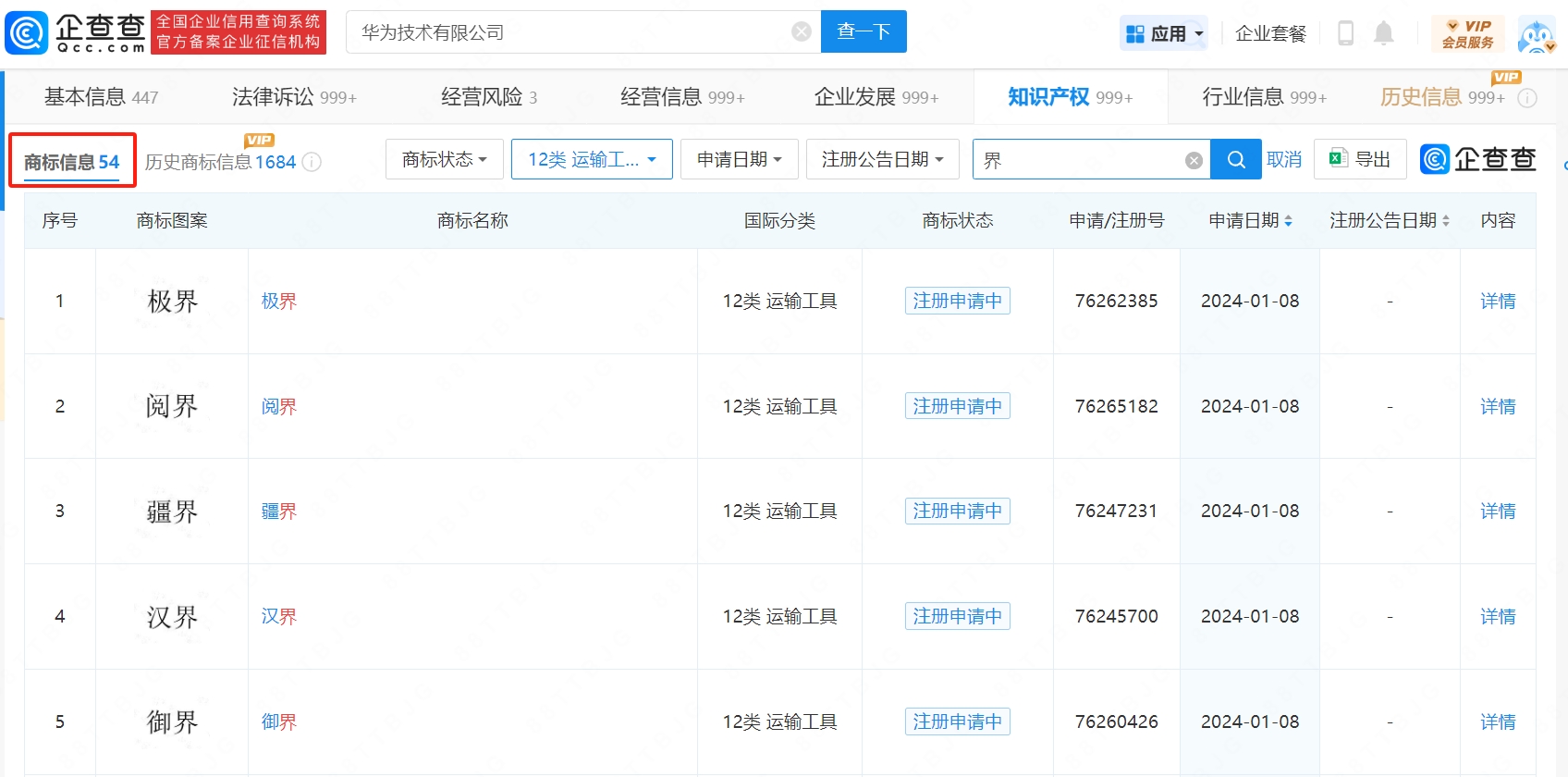
In 2021, Huawei launched its Smart Selection car model and applied for the Wenjie trademark the same year. The Wenjie M5 and Wenjie M7 launched the following year quickly gained good market sales, even setting a record at the end of May 2023, becoming the fastest new energy brand to achieve 100,000 mass-produced vehicles offline. Perhaps from this point on, Huawei realized more profoundly that by firmly not building cars and collaborating deeply with more automakers, it could still create a "HarmonyOS Intelligence" universe. Since May 2023, Huawei has applied for up to 52 "×jie" trademarks, which can be inferred that these "pits" were not applied for by Huawei for itself but rather for more partners.
In my opinion, this directly demonstrates Huawei's ambition to delve deeply into the field of smart cars and new energy vehicles. Although it does not build cars, HarmonyOS Intelligence will not be limited to Seres, Chery, BAIC, and JAC. From a macro perspective, Huawei always wants to empower more partners with its intelligent reserves, reaching deep into their souls and bones.
Trademark transfer, a weight lifted from partners' hearts
Huawei has three modes of cooperation with automakers: component mode, HUAWEI INSIDE mode, and Smart Selection mode. Among them, Huawei's involvement in Smart Selection mode is extensive. Although Huawei will take a significant share of the "pie," relying on Huawei's sales system to sell cars has a strong momentum and may "turn decay into magic" in a short time.
In reality, we can see that the four brands currently cooperating with Huawei in Smart Selection mode indeed have a relatively weak voice in the new energy market, likely because these automakers value the potential of Huawei's Smart Selection mode and want Huawei to help them.
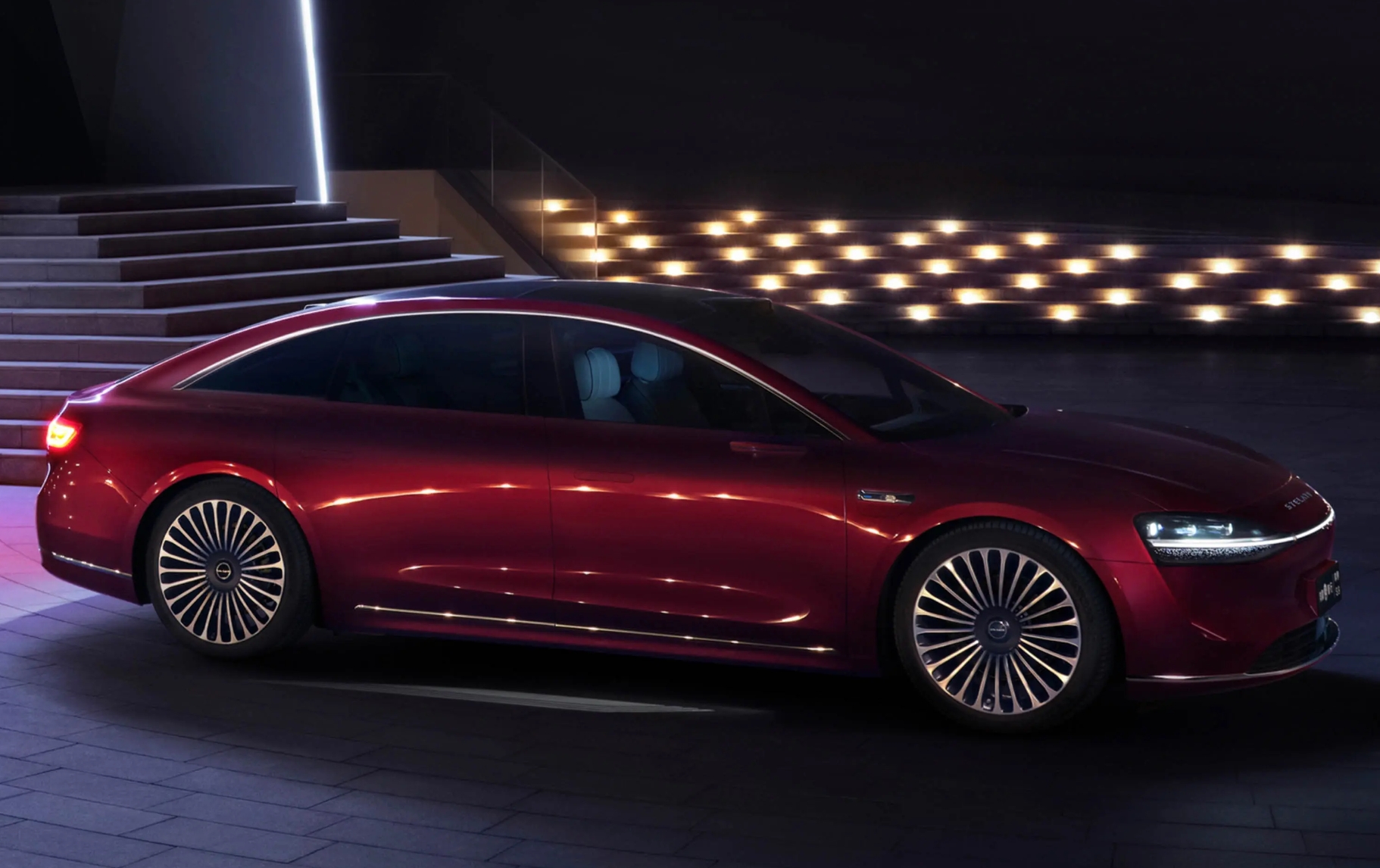
From the sales situation, the Wenjie and Zhijie brands have indeed brought considerable sales to Seres and Chery, as well as much reputation to Huawei's Smart Selection mode.
After achieving these results, Huawei naturally has more confidence to invite more automakers to become partners. Yu Chengdong has even publicly called for cooperation with various industry leaders multiple times. At the end of last year's Zhijie S7 launch event, Yu Chengdong directly invited FAW Group to cooperate and expressed his hope that everyone would join. However, during the "16th China Automotive Blue Book Forum," Yu Chengdong revealed that due to resource constraints, Huawei had to reject cooperation requests from other automakers.
FAW has not yet joined the Smart Selection mode, but at the end of May this year, FAW Jiefang and Huawei signed a strategic cooperation framework focusing on intelligent driving. The autonomous driving products developed by both parties are expected to achieve demonstration operations in low-speed scenarios next year.
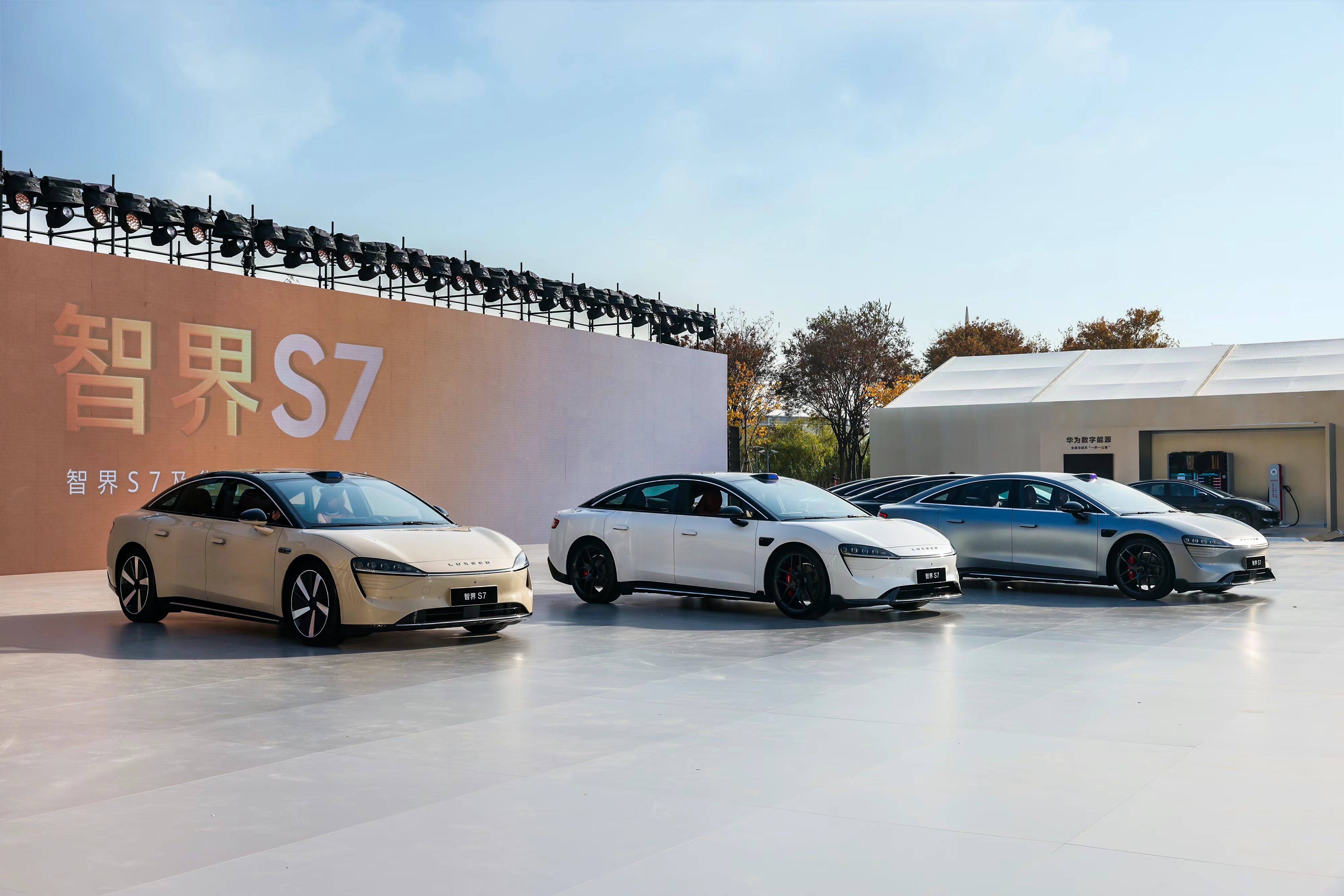
In my opinion, the Smart Selection mode has a significant promoting effect on the development of both Huawei and its partner automakers. Resource constraints are only temporary, and I believe that Huawei will open up more spots for the Smart Selection mode in the future. In other words, Huawei's sale of the "Wenjie" trademark and patents at a lower price is a win-win situation. It not only further demonstrates Huawei's determination not to build cars but also gives other automakers who are about to choose the Smart Selection mode a "shot in the arm," which is more conducive to creating a "HarmonyOS universe."
Not building cars is Huawei's foundation in the automotive industry
In addition to HarmonyOS Intelligence using the Smart Selection mode, Huawei's HUAWEI INSIDE mode has also gained favor from many automakers. Currently, automakers such as ARCFOX, Changan, Lantu, and Dongfeng Mengshi have joined, and apart from Huawei's three modes, Great Wall Motors also cooperates with Huawei's terminal business on HUAWEI HiCar.
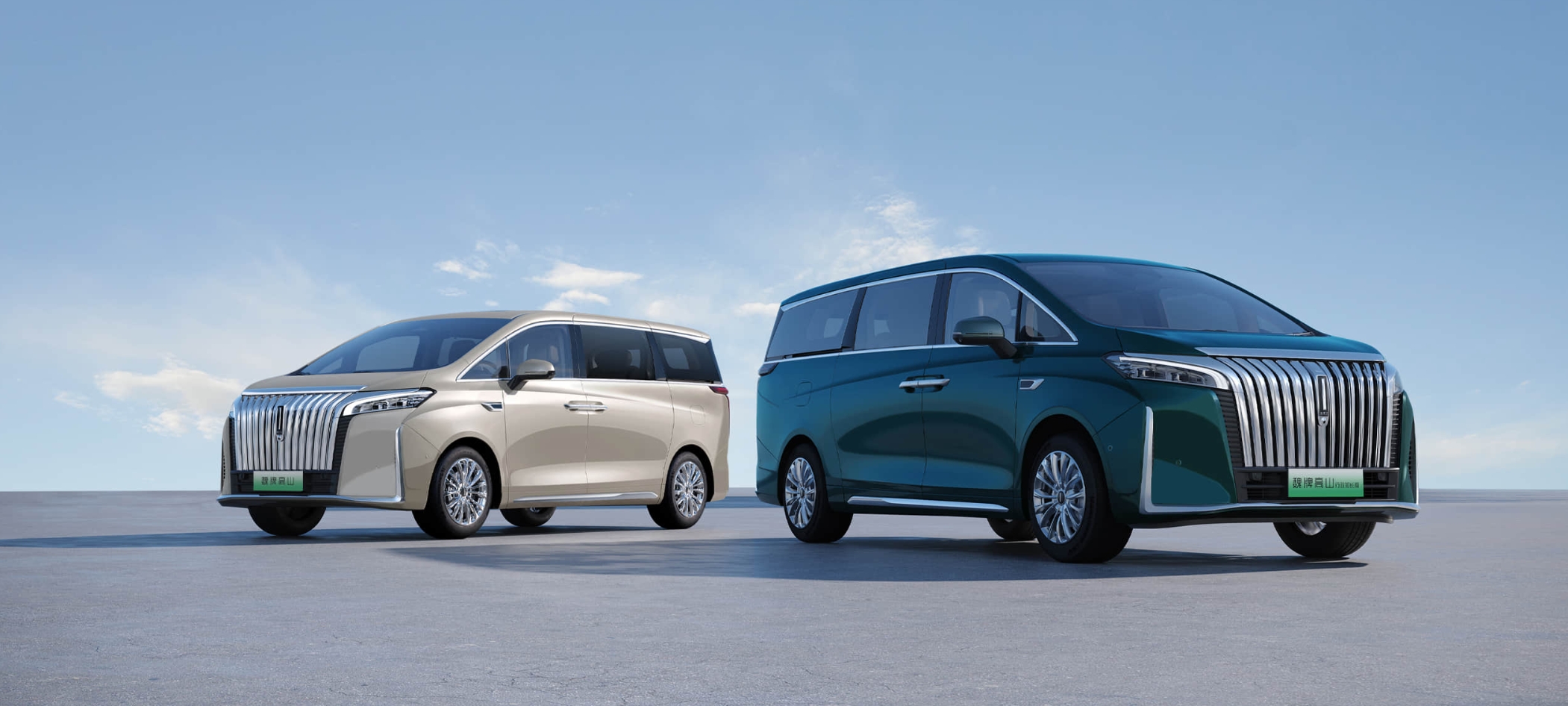
Yu Chengdong revealed that since the establishment of Huawei's Automotive BU, it has invested over 30 billion yuan, but it has been in a loss state for the first few years. Data shows that in 2023, the total expenditure on R&D investment in Huawei's Automotive BU reached 10.7 billion yuan, with actual revenue of only 4.713 billion yuan, resulting in a direct loss of nearly 6 billion yuan. However, there was a turnaround in the first three months of this year, as the Smart Selection business finally started to make a profit. The reason behind this is the promotion of the Smart Selection mode and the popularity of Wenjie models.
I believe this is a very important signal, directly proving that adhering to the strategy of "not building cars" indeed has a profitable future. Huawei has no intention of abandoning this strategy. To further dispel the concerns of potential partner automakers, Huawei has also spun off its Automotive BU. This year, Huawei and Changan established a new intelligent brand called "Yinwang," which is said to have attracted the interest of FAW Group and Dongfeng Motor Group.
Although Huawei has not yet formed a "HarmonyOS universe" in the automotive industry, having such a vast "circle of friends" in the industry is enough to prove Huawei's success. On this basis, even if Huawei has the capabilities of mass production and a comprehensive sales system, it is unlikely to personally enter the automotive manufacturing arena – after all, no automaker would want to cooperate with a competitor. Therefore, not entering the manufacturing arena and sitting back to watch the battle is actually Huawei's foundation in the automotive industry.
According to plans, Huawei's Automotive BU has two projects this year: Xiangjie S9 and Huawei Qiankun. Xiangjie S9 is positioned as a 500,000-level pure electric sedan, targeting executive-level sedans under BBA. Quite a bit of product information has been exposed so far.
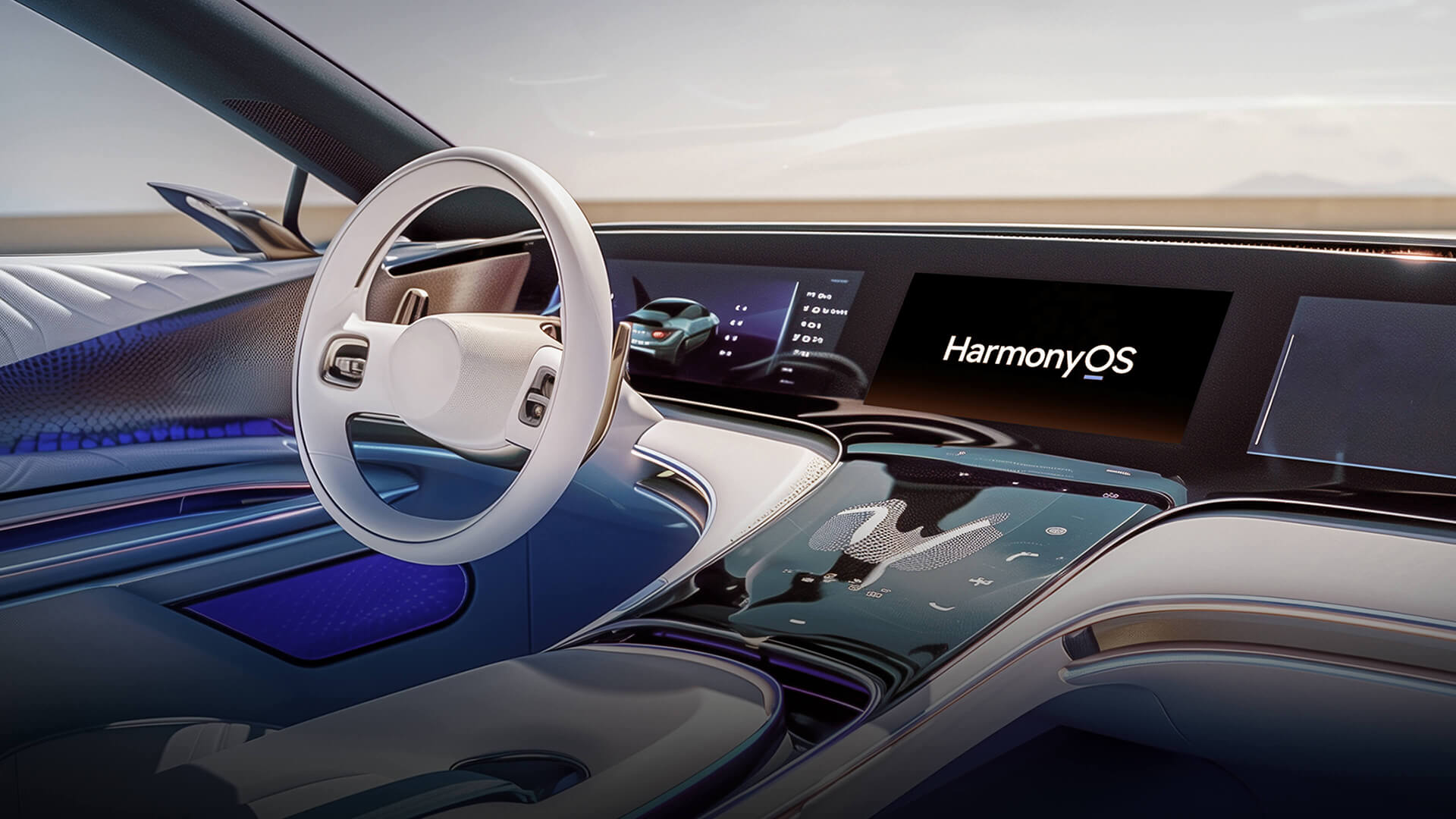
Huawei Qiankun is Huawei's new intelligent driving brand, mainly targeting intelligent driving, intelligent cockpits, and other intelligent areas. Jin Yuzhi, CEO of Huawei's Intelligent Automotive Solutions BU, believes that the inflection point for intelligence has arrived, and it is expected that 500,000 cars using Huawei's intelligent driving technology will be on the road by the end of this year.
In conclusion, Huawei has thoroughly proven its commitment to "not building cars" from multiple aspects. With the most successful Smart Selection brand "Wenjie" being handed over, this commitment has become unshakable. What follows is not a "crisis" but an "opportunity." Huawei's ICT dream is getting closer to realization. By then, "Bosch" and "Continental" may not be Huawei's final form. There is still vast room for imagination regarding Huawei's future in the automotive industry.
Source: Lei Technology






